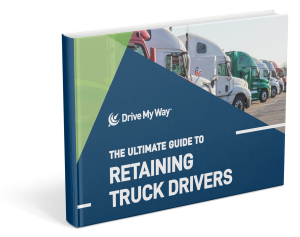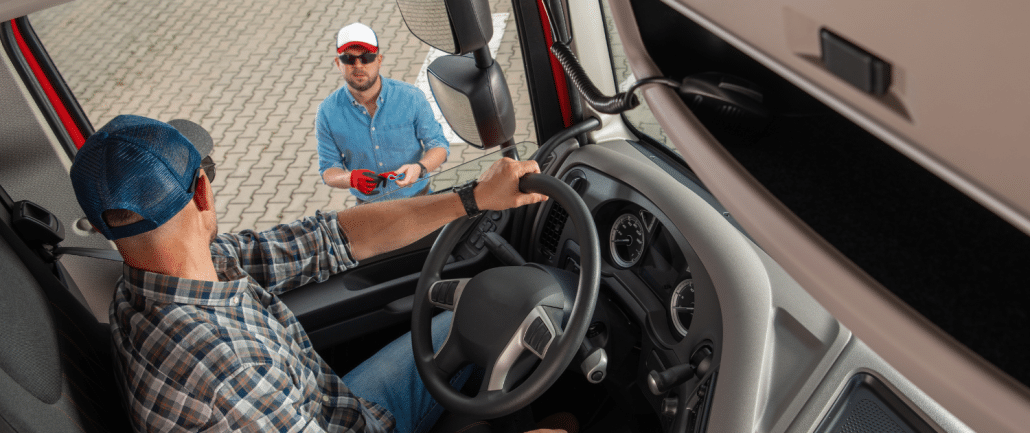
Effective communication between truck drivers and dispatchers is a cornerstone of success in the trucking industry. It can lead to immediate improvements in delivery times, enhanced driver safety, and increased employee satisfaction.
However, maintaining clear and consistent communication is not without its challenges. The important relationship between drivers and dispatchers is often tested by a variety of obstacles, including differences in communication styles, technology limitations, and unclear expectations from both sides. These challenges can lead to misunderstandings, delays, and a negative impact on overall operational efficiency.
Looking for ways to improve communication between your drivers and dispatch team? Keep reading to find out the most common challenges, best solutions, and how technology can be a crucial tool in workplace communication.
Challenges to Driver/Dispatch Communication
Many factors can impact communication between drivers and dispatch, leading to misunderstandings and operational inefficiencies. Understanding the root of these discrepancies is crucial to ensure smooth and effective communication.
It’s increasingly common for dispatchers to be hired from outside the trucking industry, often lacking direct experience in the field. Although this can provide dispatch teams with a unique perspective, it can also result in a mismatch of expectations and communication styles. Dispatchers may not fully grasp the challenges drivers face on the road, such as navigating tight schedules, dealing with unexpected delays, or managing fatigue.
This lack of understanding can create friction and make it difficult for drivers and dispatchers to communicate effectively. To bridge this gap, it is essential to invest in training and communication-building exercises that help dispatchers better understand the driver’s perspective and to foster empathy and improve communication on both sides.
Another significant challenge is the use of outdated communication tools. Legacy systems or inefficient communication platforms can hinder the flow of information, leading to delays and errors. For example, relying on manual check-ins or older mobile radios can slow down the relay of critical updates, such as route changes or weather alerts. When drivers and dispatchers are not equipped with reliable, real-time communication tools, even small issues can escalate into major problems, affecting the entire operation.
4 Tips to Improve Driver/Dispatch Communication
Whether these common problems are currently affecting your team or not, these strategies are essential for maintaining and improving communication between drivers and dispatch.
Invest in Communication-Building Training
Building effective communication should begin on day one by providing communication skills training for both drivers and dispatch. Consider including lessons on active listening, clear and concise messaging, and conflict resolution skills.
Role-playing exercises can be particularly effective, allowing dispatchers and drivers to step into each other’s shoes and simulate real-world scenarios where communication is critical. This hands-on approach helps reinforce the importance of empathy and understanding, leading to more thoughtful and effective interactions.
Both sides should come away from training understanding the other’s perspective, as well as the best ways to communicate and resolve potential issues.
Regular Check-Ins and Concise Communication
Emphasize to both drivers and dispatch the importance of structured check-ins at key points during a journey, including providing ETAs, break times, and any delays or delivery changes.
It is also helpful to encourage drivers and dispatch to use standardized communication protocols to ensure clear and concise communication, including specific codes or phrases. Avoiding jargon and using simple, clear language can prevent misunderstandings, and specific instructions ensure both sides have the same expectations.
Leverage Technology
There are many ways that modern technology can help trucking companies increase operational efficiency and improve communication between drivers and dispatch.
Modern communication tools, like fleet management software, mobile apps, and real-time GPS tracking systems, are worthwhile investments for every carrier and facilitate seamless, instant communication. Mobile apps that offer video chat features can be useful for providing face-to-face communication when needed, helping to form a more personal relationship between drivers and dispatch.
Automated alerts and notifications can also be extremely beneficial, keeping both drivers and dispatchers informed about important updates, such as changes in delivery schedules, traffic conditions, or weather disruptions.
Feedback and Continuous Improvement
Creating an environment where drivers and dispatchers feel comfortable giving and receiving feedback leads to continuous improvement and growth on both sides.
Similar to offering routine driver engagement surveys to gauge workplace satisfaction, asking employees for their input on improving communication and operations will demonstrate your commitment to fostering a collaborative and responsive workplace. This approach shows that you value their insights and are willing to make changes based on their experiences and suggestions.
Acting on the feedback you receive is crucial. When drivers and dispatchers see that their input leads to tangible changes, it reinforces trust and encourages ongoing participation. This not only strengthens communication but also enhances overall morale and engagement, creating a more unified and effective team.
For more advice on staying ahead of the curve in today’s competitive industry, be sure to check out the rest of our Employer Blog posts and connect with us on social media.

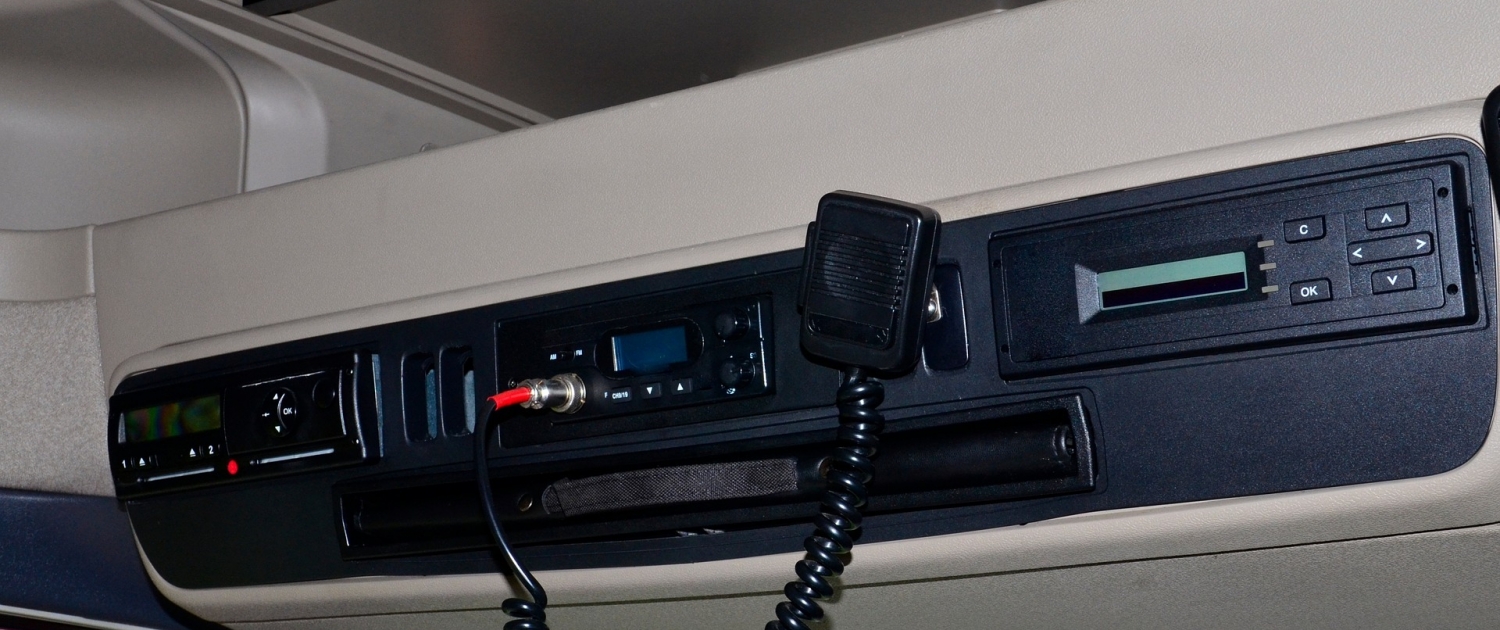
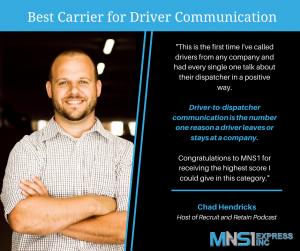
 One of the best ways to improve dispatcher-driver relationships is by creating more common ground. Most dispatchers have never been CDL drivers, and most drivers have never been dispatchers. Both sides need to have a basic understanding of what the other is doing in their day-to-day life and to
One of the best ways to improve dispatcher-driver relationships is by creating more common ground. Most dispatchers have never been CDL drivers, and most drivers have never been dispatchers. Both sides need to have a basic understanding of what the other is doing in their day-to-day life and to 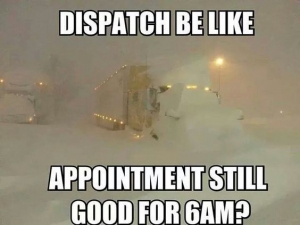
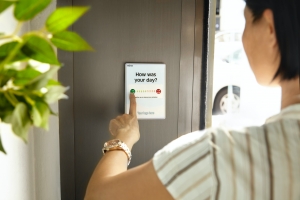 Like any hard-working employee, truck drivers want to feel respected and
Like any hard-working employee, truck drivers want to feel respected and 